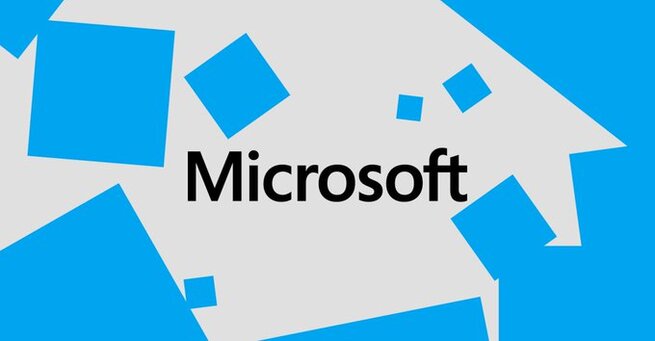
Did a Microsoft employee really bypass internal censorship to send a mass email about Palestine and Gaza? Yes—and the bold action is drawing major attention across the tech world. On May 23, 2025, senior tech support engineer Nisreen Jaradat circumvented a controversial Microsoft email filter blocking terms like “Palestine,” “Gaza,” and “Genocide.” Her email, titled “You can’t get rid of us,” was sent to thousands of coworkers in protest of the company’s alleged censorship and suppression of pro-Palestinian voices. This incident is fueling debate over corporate free speech, employee activism, and Big Tech's stance on global human rights issues.
Microsoft recently implemented internal controls that prevent employees from using certain politically sensitive keywords in corporate email communications. According to internal sources, these filters specifically blocked terms such as “Palestine,” “Gaza,” and “Genocide.” Yet Jaradat found a way to circumvent the policy—raising significant questions about censorship, ethical responsibility, and employee rights in multinational corporations.
In her message, Jaradat criticized Microsoft leadership for what she described as efforts to “silence all voices that dare to humanize Palestinians.” She also urged colleagues to sign a petition by the activist group No Azure for Apartheid (NOAA), which is campaigning for Microsoft to sever its ties with the Israeli government, particularly around cloud services and AI tools that may be used in surveillance or military contexts.
This email comes amid rising tensions between tech employees and leadership over corporate responsibility in global conflicts. NOAA, the activist group Jaradat supports, has organized several high-profile walkouts and digital campaigns in recent months. Their core message? Tech should not be complicit in human rights violations.
Microsoft's official response was subdued. Spokesperson Frank Shaw reiterated the company’s stance that “mass emailing colleagues about any topic not related to work is not appropriate.” He added that Microsoft had “taken measures to try and reduce those emails to those that have not opted in.” Still, critics argue that such policies enable corporate overreach and silence marginalized voices within the workplace.
This incident at Microsoft is not isolated. It echoes a broader trend across Silicon Valley, where companies are facing increasing scrutiny over their roles in international politics, data ethics, and employee expression. Blocking specific keywords is a deeply controversial move, particularly when those terms relate to human rights or ongoing global conflicts.
Activists, including NOAA organizer Hossam Nasr, argue that employees have tried to engage through official channels—like HR tickets and internal social platforms—only to be ignored or sidelined. “Microsoft keeps telling its workers to go through the appropriate channels,” Nasr said, “yet time and time again, those who speak up are silenced.”
Beyond the headline-grabbing protest, this episode raises crucial questions for stakeholders across the tech industry. Will investor pressure push companies to revisit contracts that intersect with geopolitics? Could advertiser concerns over brand safety on controversial topics affect how platforms and publishers cover these issues? And how should companies balance business interests with ethical obligations?
𝗦𝗲𝗺𝗮𝘀𝗼𝗰𝗶𝗮𝗹 𝗶𝘀 𝘄𝗵𝗲𝗿𝗲 𝗿𝗲𝗮𝗹 𝗽𝗲𝗼𝗽𝗹𝗲 𝗰𝗼𝗻𝗻𝗲𝗰𝘁, 𝗴𝗿𝗼𝘄, 𝗮𝗻𝗱 𝗯𝗲𝗹𝗼𝗻𝗴. We’re more than just a social platform — from jobs and blogs to events and daily chats, we bring people and ideas together in one simple, meaningful space.